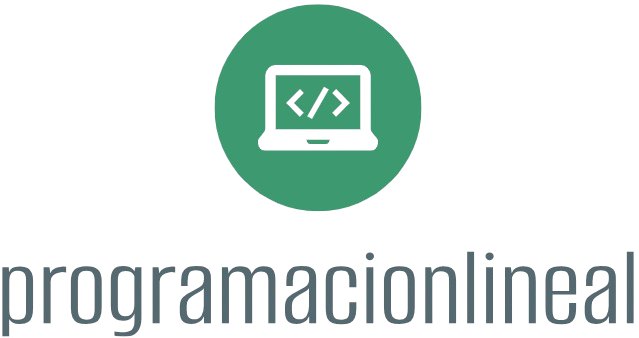Learning Rust programming can be a rewarding experience, as Rust offers modern features, memory safety, and high performance. Whether you’re a complete beginner or have some programming experience, here’s a structured approach to learning Rust from scratch:
Step 1: Understand the Basics of Programming
If you’re new to programming, it may help to grasp fundamental concepts, such as:
– Variables and data types
– Control flow (if statements, loops)
– Functions
– Basic data structures (arrays, lists)
You can start learning these concepts using simpler programming languages like Python or JavaScript, or you can dive directly into Rust.
Step 2: Install Rust
- Download Rust: Go to the official Rust website at [rust-lang.org](https://www.rust-lang.org/) and follow the installation instructions. The recommended way to install Rust is via `rustup`, the Rust toolchain installer.
- Run the installer: Open your terminal (or command prompt) and execute:
“`bash
curl –proto ‘=https’ –tlsv1.2 -sSf https://sh.rustup.rs | sh
“`
Follow the prompts to install Rust and set up your environment.
- Verify installation: After installation, verify it by running:
“`bash
rustc –version
“`
Step 3: Learn Rust Fundamentals
- Official Rust Book: The [*Rust Programming Language* book](https://doc.rust-lang.org/book/) (commonly known as “The Book”) is an excellent resource for beginners. It covers basic syntax, ownership, borrowing, and other core concepts.
- Key Topics to Focus On:
– Basic syntax and structure of a Rust program.
– Data types and their properties.
– Ownership, borrowing, and lifetimes (key features that ensure memory safety).
– Structs and enums to create custom data types.
– Error handling using `Result` and `Option` types.
– Traits and generics for code reusability.
– Modules and packages for organizing code.
Step 4: Practice Coding in Rust
- Coding Exercises:
– Use platforms like [Exercism](https://exercism.io/tracks/rust) or [LeetCode](https://leetcode.com/) for Rust programming exercises that help reinforce your skills through practice.
- Build Small Projects:
– Implement small projects to apply what you’ve learned. Here are some ideas:
– A command-line calculator.
– A to-do list application.
– A simple game (like Tic-Tac-Toe).
– A file parser for CSV or JSON data.
Step 5: Utilize Online Resources and Communities
- Online Courses:
– Platforms like Coursera, Udemy, and Pluralsight offer Rust courses that provide structured learning paths.
- Community and Forums:
– Join Rust communities, such as the [Rust Users Forum](https://users.rust-lang.org/), the Rust subreddit ([r/rust](https://www.reddit.com/r/rust/)), or the official Rust Discord. Engage with other learners and experienced Rustaceans to ask questions and share insights.
Step 6: Explore Advanced Rust Concepts
- Concurrency: Learn how Rust handles concurrent programming safely using threads and async programming.
- Testing: Understand how to write tests in Rust for your code to ensure its correctness.
- Crates and Cargo: Learn how to use Cargo, Rust’s package manager and build system. Explore crates (Rust libraries) on [crates.io](https://crates.io/) to leverage community-provided functionality.
Step 7: Work on Larger Projects
Once you’ve built a strong understanding of the language, challenge yourself with larger applications:
– Web Development: Dive into web frameworks like Rocket or Actix.
– Systems Programming: Build tools or applications that require low-level resource management.
– Game Development: Explore game development using engines that support Rust, like Bevy or Amethyst.
Step 8: Continue Your Education
- Stay Updated: Follow the Rust blog, subscribe to newsletters, or listen to podcasts about Rust developments.
- Read Advanced Books: Consider books like *Programming Rust* by Jim Blandy and Jason Orendorff, which dive deeper into the language and its ecosystem.
Conclusion
Learning Rust is a journey that requires commitment and practice. By following these steps and leveraging available resources, you’ll build a solid foundation in Rust programming that prepares you for various applications. Remember that the Rust community is supportive and welcoming, so don’t hesitate to seek help and engage with others as you learn.











